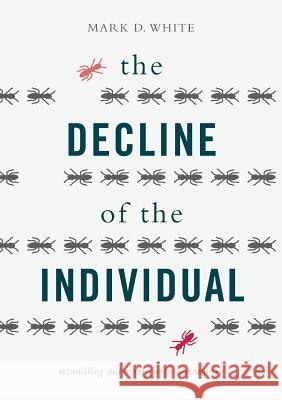The Decline of the Individual: Reconciling Autonomy with Community » książka
topmenu
The Decline of the Individual: Reconciling Autonomy with Community
ISBN-13: 9783319617497 / Angielski / Miękka / 2017 / 154 str.
Kategorie BISAC:
Wydawca:
Palgrave MacMillan
Język:
Angielski
ISBN-13:
9783319617497
Rok wydania:
2017
Wydanie:
2017
Ilość stron:
154
Waga:
0.23 kg
Wymiary:
20.7 x 14.8 x 1.0
Oprawa:
Miękka
Wolumenów:
01
Dodatkowe informacje:
Wydanie ilustrowane











